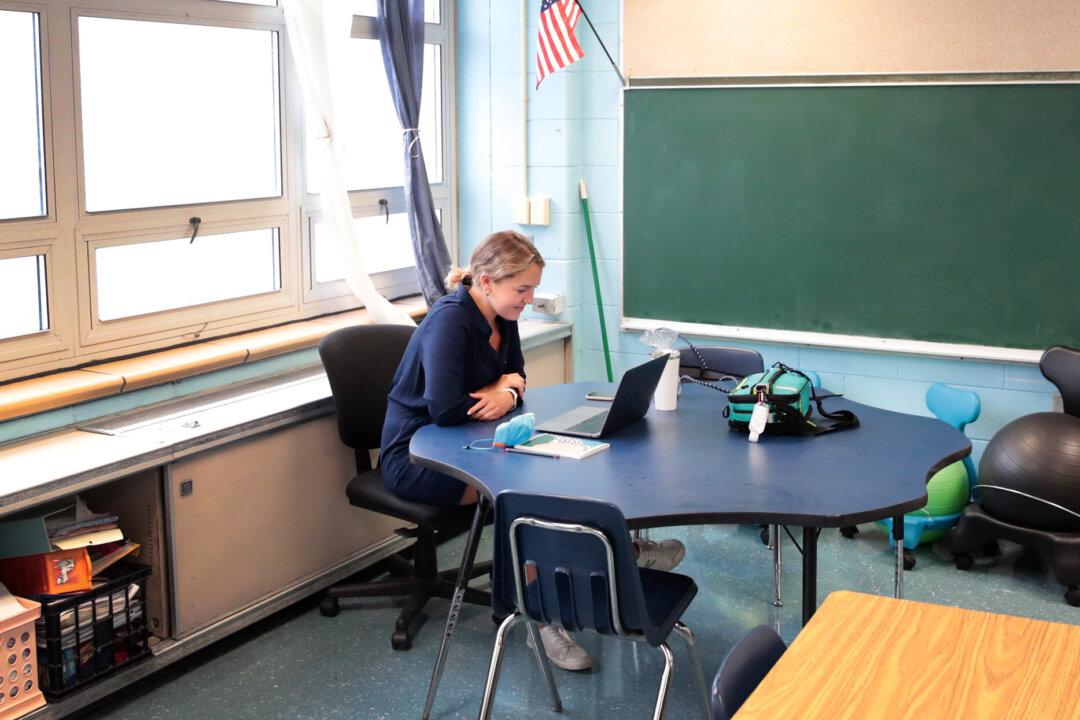The online learning environment hastily imposed on students during the ongoing pandemic has accelerated the growth of cancel culture at U.S. universities, according to a new report by the American Council of Trustees and Alumni (ACTA).
Relying on empirical data taken from student surveys along with insights from faculty and higher education leaders across the nation, the Sept. 8 report “Building a Culture of Free Expression in the Online Classroom” asserts that the sudden, widespread adoption of virtual education in this country worsened the free-speech crisis on college campuses, further limited diversity of viewpoints, and encouraged more self-censorship among students.





